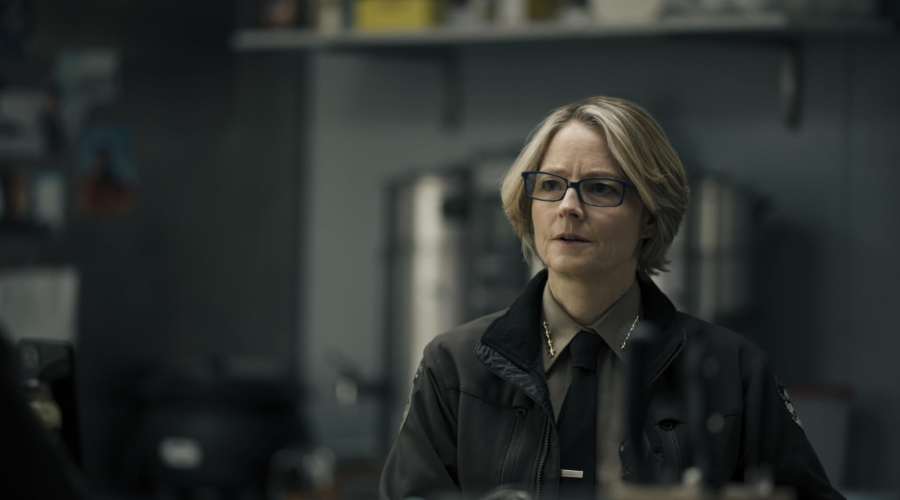The fourth installment of HBO’s (I refuse to call it Max, I grew up with HBO, I’m an older woman now, get off my lawn) True Detective is already the most watched season in the show’s history — and it’s easy to see why. It’s set in Alaska, it has jump scares, smothering snow, constant dark, sex, death, Jodie Foster, and a Kali Reis who manages to steal every scene she is in.
This season also appears to be the most divisive, mostly because it leans heavily on themes of the supernatural and as such is seen as a betrayal of the first three seasons — though I would argue that Night Country (the subtitle of this season) actually just expands on what was going on in the first season to begin with. Even if you’ve never watched True Detective, you’ve probably encountered gifs of Matthew McConaughey’s character, Rust, as he muses on the nature of time being a flat circle, or maybe you’ve heard of the preoccupation Rust has with the state of the universe.
Night Country explodes Rust’s ideas and obsessions outward. It’s a brooding season, but it also likes to have fun. It references horror tropes — some overly familiar, like screeching ghostly visions, and others very cool, like body horror of The Thing — but refuses to be smug about them.
The politics edge into a snowy timelessness
Night Country also explicitly courts a female audience, and not just because it has female leads, but because it’s preoccupied with the anxiety of motherhood and caring for others, the gnawing fear and sheer lunatic bravery of what it means to create life and sustain it.
No wonder so many of my male friends are pissed off at this season, I guess.
There is quite a bit of political and historical commentary in Night Country as well — the sort of commentary that other people are more qualified to talk about — and the politics also edge into a snowy timelessness. I recently spoke to a friend about this season, a Native American who’d traced his mother’s Inupiaq heritage to uncover an ocean of pain, and he was surprised that I’d liked it so much, then thought about it and said, “The story zigzags at you.”
Old wrongs come at us sideways. Old wrongs are the best explanation that we have for ghosts.
There are television narratives that manage to capture in granular, artistic detail how beauty is forever deadlocked with horror in the United States. Twin Peaks comes to mind here. Stranger Things too. True Blood managed it for a while, until it ran out of steam. True Detective is that breed of narrative in its different iterations — inviting the reader to both fear and love its characters.
Old wrongs come at us sideways
“I love you because I love you.” I read this line in a poetry collection once when I was a teenager on my own haunted American trajectory and it sounded banal at the time, but it has stuck to me through all of these years. Love of country often doesn’t make any sense. In its purest form, it is always mingled with pain. I had to grow much older to realize that this is OK. It’s how it’s supposed to be. Perhaps this is why I feel so completely home when I watch True Detective. The stories it tells are very American and very brutal, and you can’t help but be awed by the brutality, to welcome it into your heart.
We call this country the land of opportunity, but it is also a land of profound disquiet, and opportunity, perhaps, would not be possible without the disquiet. Opportunity is the surest way to create both heroes and villains, sometimes blended in the same human being. There is that sense of fallibility, in Night Country, of bittersweet doom.
Maybe that’s why it’s so damn popular. One-eyed polar bears and screaming apparitions probably help too.

